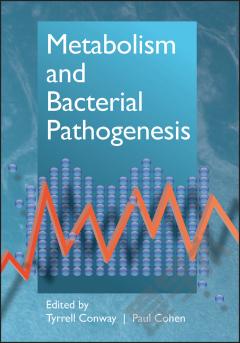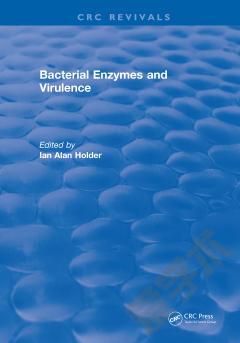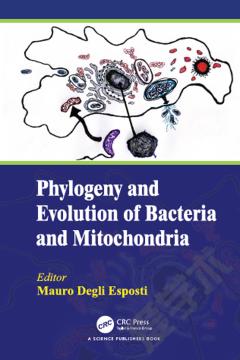Metabolism and Bacterial Pathogenesis
Groundbreaking thinking on how bacterial metabolism is foundational to pathogenesis For too long, bacterial metabolism and bacterial pathogenesis have been studied as separate entities. However, the scientific community is beginning to realize that not only are bacterial nutrient acquisition and utilization essential for pathogenesis, but that interfering with the pathogen-specific metabolic pathways used during infection can regulate virulence factor expression and might lead to effective breakthroughs in a variety of treatments. Editors Paul Cohen and Tyrrell Conway, who pioneered the use of metabolic mutants in competitive colonization assays, an approach now widely used to investigate the nutrition of pathogens in vivo, are uniquely qualified to advance our knowledge of this integrative field of research. They convened a group of contributors who are breaking new ground in understanding how bacterial metabolism is foundational to pathogenesis to share their expert perspectives and outlook for the future. Beginning with overviews, Metabolism and Bacterial Pathogenesis covers a wide range of diseases and both Gram-positive and -negative bacteria that serve as model systems for in vitro and in vivo investigations intracellular, respiratory, and enteric pathogens pathogen-specific nutrient acquisition in hosts mechanisms of host-driven metabolic adaptation by pathogens metabolic regulation of virulence gene expression Useful for specialists in bacterial pathogenesis and specialists in metabolism as well as molecular biologists, physicians, veterinarians, dentists, graduate and undergraduate students, and laboratory technicians, Metabolism and Bacterial Pathogenesis is also essential reading for scientists studying the microbiome.
{{comment.content}}








 京公网安备 11010802027623号
京公网安备 11010802027623号